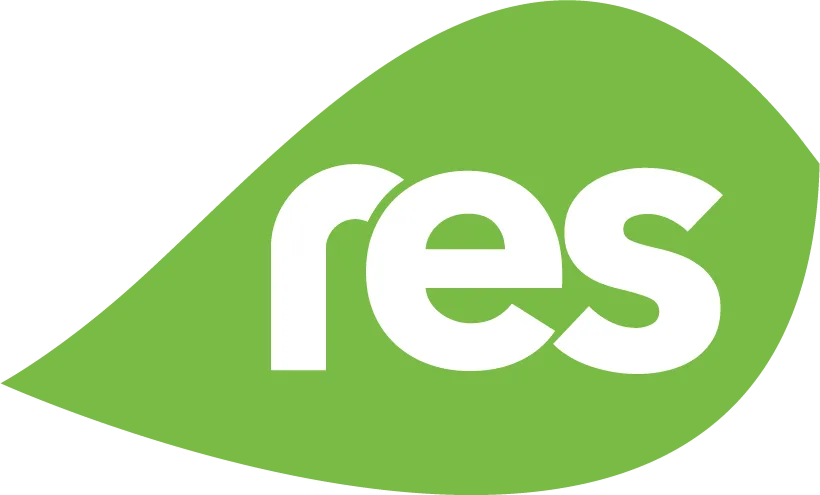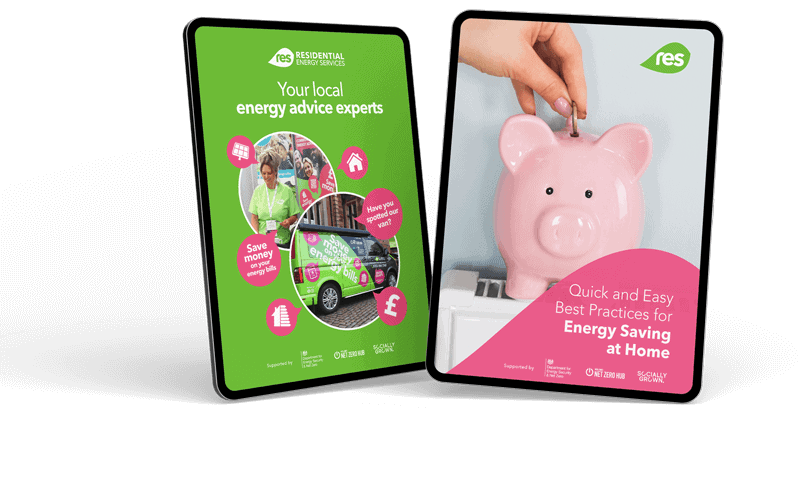“The Warmer
Homes Project”.
The Midlands’ new energy
advice and guidance service.

Socially Grown, together with sister company Residential Energy Services, won £373,329 of funding towards a mobile energy advice service for hard-to-reach households, funded by the Department for Energy Security and Net Zero and supported by the Midlands Net Zero Hub.


Who are Residential Energy Services?
Since 2014, Residential Energy Services (RES) has provided energy subsidy awareness and advisory services to over 20,000 individual households in the UK, engaging with householders to advise on energy efficiency measures.
RES specialise in educating householders on energy efficiency measures and managing the customer journey from initial advice through to installation, paying particular attention to “hard to reach” properties and people, with in-house visits, phone calls and multi-language communications.
THE CHALLENGE
The Government’s Local Energy Advice Demonstrator Programme (LEAD) awarded grant funding to 9 pilot projects who could demonstrate new and innovative approaches to delivering in-person energy efficiency and clean heating advice at a local level.
The award was implemented at a time when the UK is facing a great challenge in fuel poverty, as 6.3 million UK households are having to spend more than 10% of their income on energy bills (National Energy Action.) This effect is being felt nationally, as well as at a local level:
In the West Midlands, only 41% of households are rated EPC C and above.
In the centre of Stoke-on-Trent, over a quarter of households live in fuel poverty (25.5%.) This is higher than the West Midlands average of 17.8% and the national average of 13.4%.

How energy efficient is your area?
The Solution.
The Warmer Homes Project, delivered by Residential Energy Services in consortium with Socially Grown, is an engagement programme that supports and reaches hard-to-reach consumers directly in their communities.

Raising awareness
Using a community outreach and education vehicle, RES provides a local, mobile means to raise energy efficiency awareness, integrate with hard-to-reach consumers, and facilitate action to create energy plans.

EXAMPLES OF HARD-TO-REACH CONSUMER AREAS AND COMMUNITIES
![]()
Rural (off-gas) areas
![]()
Fuel poor areas
Energy rating band D or below
![]()
Householders with special needs and disabilities
![]()
Less internet literate householders
















